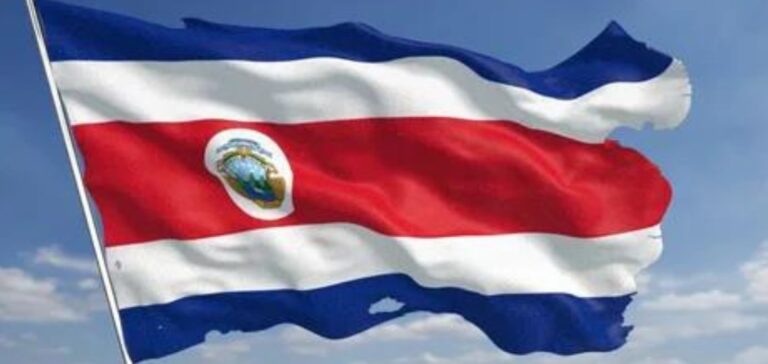Costa Rica is experiencing an unprecedented drought, leading to a reduction in electricity supplies. Berny Fallas, a hydroclimatology expert at the Costa Rican Electricity Institute (ICE), says that this climatic phenomenon, exacerbated by El Niño, is the most severe ever observed in the country over the past five decades. Roberto Quiros, Director of ICE, confirms that this El Niño episode is severely complicating the country’s energy management. Costa Rica is 75% dependent on hydroelectricity.
Energy efficiency
Because of this crisis, the authorities have decided to impose rationing from next Monday. Each customer will experience alternating power cuts of up to three hours. However, the duration of these outages remains undetermined. These depend solely on the return of precipitation, normally expected between May and November. Costa Rica had not experienced such power cuts since 2007. At the same time, the El Niño phenomenon had also affected the country. This phenomenon of energy rationing is not unique to Costa Rica: China has also implemented this system.
Situation in Latin America
Ecuador recently imposed similar energy rationing for over two weeks, with cuts of up to 13 hours a day. Recent rains have lifted these restrictions. The World Meteorological Organization (WMO) points out that 2023 was the hottest year on record in Latin America, with rising sea levels and retreating glaciers. These changes have disrupted rainfall and caused droughts, fires, floods and landslides.
Consequences of climate change
Extreme weather events affecting energy production in Costa Rica and Latin America are partly attributed to climate change. The WMO warns of a “major change” in precipitation, requiring better preparation by governments and a transition to more resilient energy sources.
The situation in Costa Rica illustrates the challenges posed by climate change to energy infrastructures. Dependence on renewable energies, particularly hydroelectricity, calls for alternative solutions. The aim is to ensure energy stability against a backdrop of extreme weather phenomena.





















